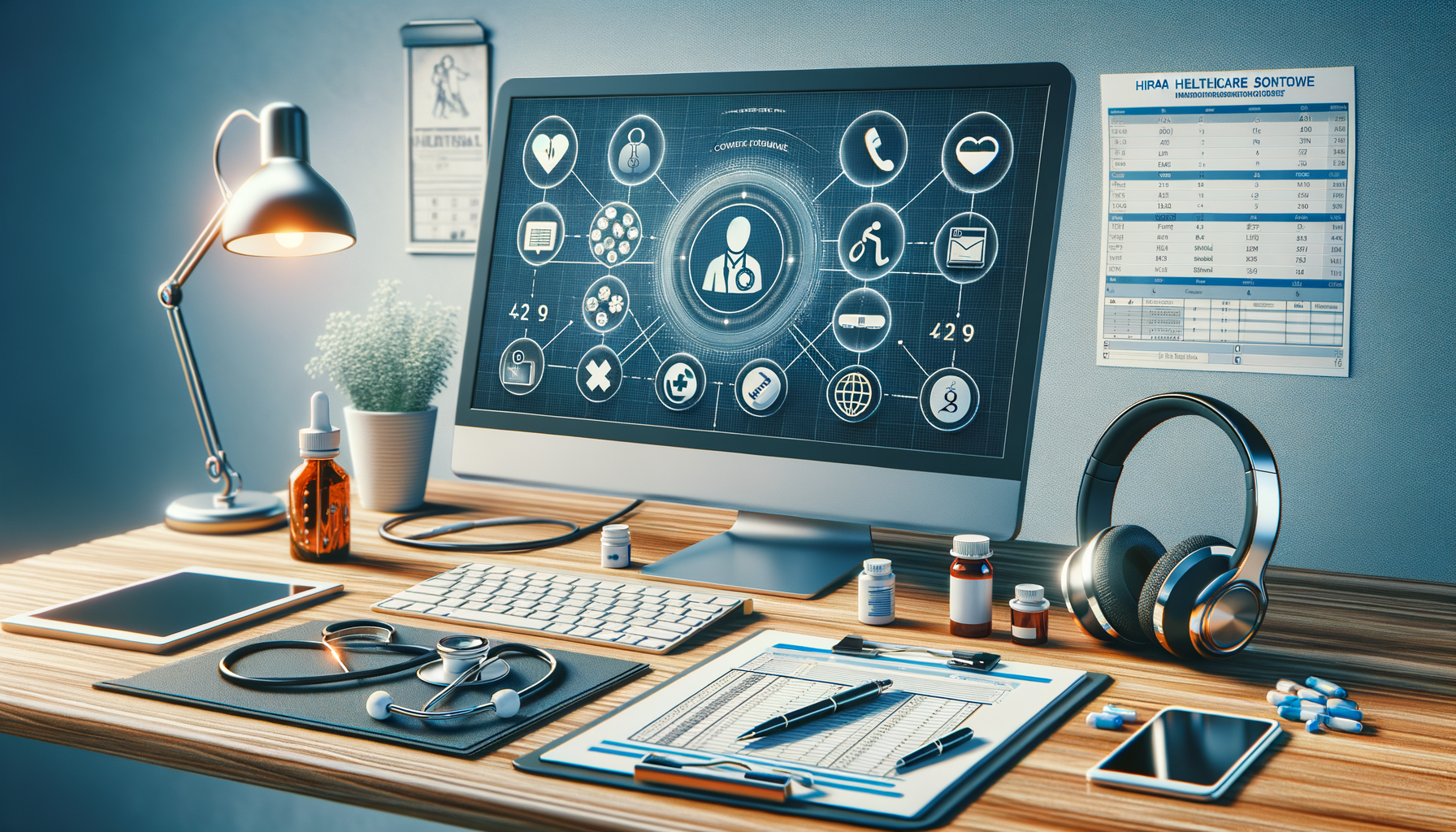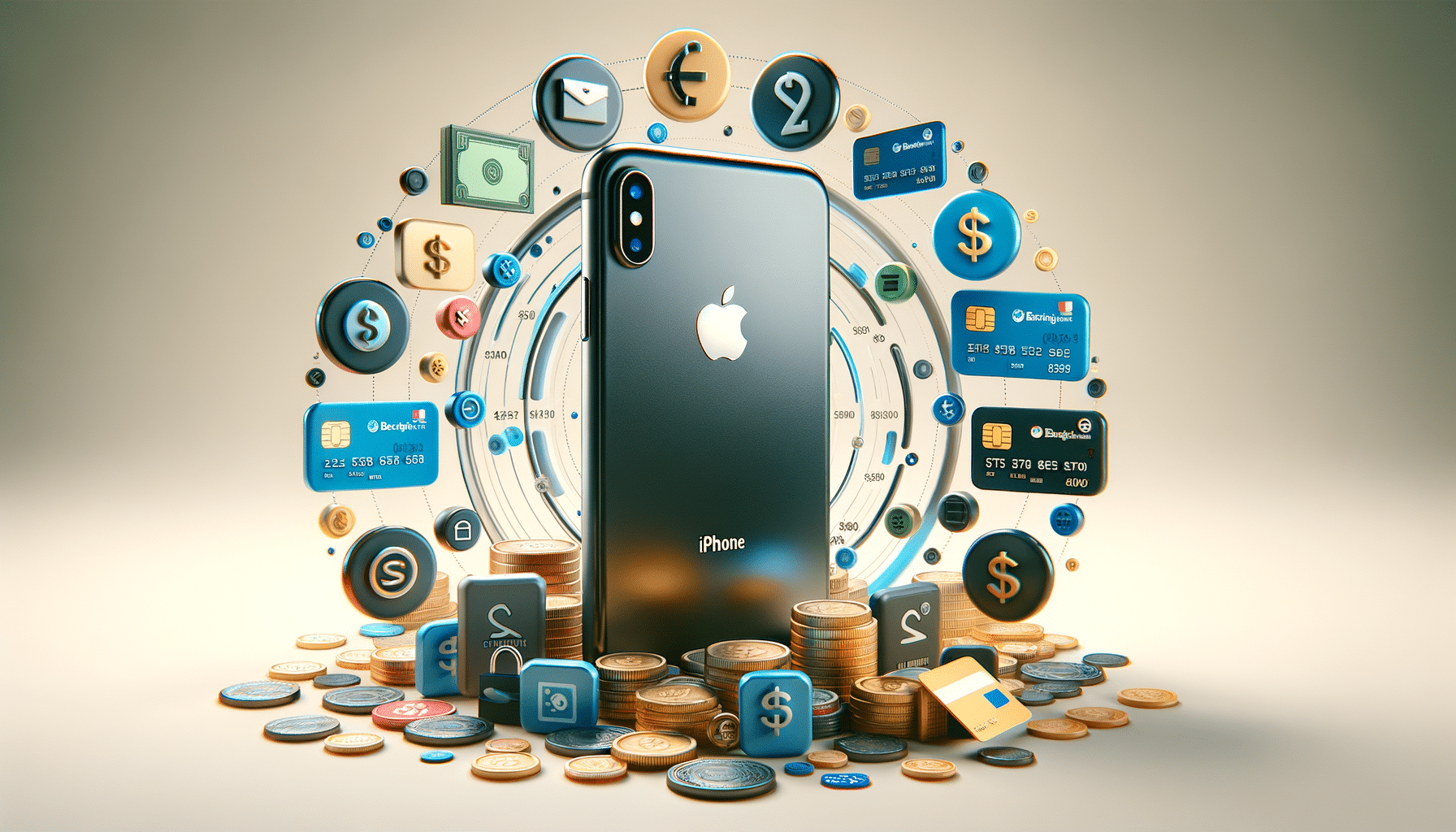
Explore more about remote medical receptionist
Introduction to Remote Medical Receptionists
In the evolving world of healthcare, the role of a medical receptionist has expanded beyond the confines of traditional office settings. Remote medical receptionists are becoming an integral part of medical practices, offering flexibility and efficiency that traditional roles may not provide. This shift is not just a trend but a response to the growing need for accessible and efficient healthcare services. By leveraging technology, remote medical receptionists manage appointments, handle patient inquiries, and streamline communication between patients and healthcare providers, all from a remote location.
Advantages of Remote Medical Receptionists
The benefits of employing remote medical receptionists are numerous and impactful. Firstly, they offer cost savings. Medical practices can reduce overhead costs associated with physical office space and equipment. Additionally, remote receptionists often work as independent contractors, which can reduce expenses related to employee benefits and taxes.
Moreover, remote receptionists provide greater flexibility. They can offer extended service hours, accommodating patients in different time zones or those who require assistance outside of regular office hours. This flexibility can enhance patient satisfaction and retention.
Another advantage is the access to a broader talent pool. By not being restricted to a specific geographic location, medical practices can hire highly skilled receptionists who may not be available locally. This can lead to improved service quality and efficiency.
Challenges Faced by Remote Medical Receptionists
Despite the numerous advantages, remote medical receptionists face several challenges. One significant challenge is maintaining effective communication. Without face-to-face interaction, there can be misunderstandings or delays in communication. It is crucial for remote receptionists to have excellent communication skills and to use reliable technology to bridge this gap.
Data security is another concern. Handling sensitive patient information remotely requires stringent security measures to prevent data breaches. Remote receptionists must be well-versed in healthcare regulations such as HIPAA to ensure compliance and protect patient privacy.
Additionally, remote receptionists may experience feelings of isolation. Working remotely can sometimes lead to a disconnect from the team and the workplace culture. Regular virtual meetings and team-building activities can help mitigate this issue.
Technology and Tools for Remote Medical Receptionists
Technology plays a pivotal role in the functionality of remote medical receptionists. Various tools and software are essential for them to perform their duties effectively. Scheduling software is crucial for managing appointments efficiently and reducing no-shows. These platforms often integrate with electronic health records (EHR) systems to provide seamless service.
Communication tools such as secure messaging apps and video conferencing platforms enable remote receptionists to interact with patients and healthcare teams effectively. These tools ensure that communication remains clear and timely, despite the physical distance.
Furthermore, customer relationship management (CRM) systems can help remote receptionists keep track of patient interactions and preferences, contributing to a personalized patient experience. By utilizing these technologies, remote medical receptionists can enhance their productivity and service quality.
The Future of Remote Medical Receptionists
The future of remote medical receptionists looks promising as the healthcare industry continues to embrace digital transformation. With advancements in technology, remote receptionists will likely have access to more sophisticated tools that will further enhance their efficiency and effectiveness.
As telehealth becomes more prevalent, the demand for remote medical receptionists is expected to grow. They will play a crucial role in supporting telehealth services by managing virtual appointments and facilitating communication between patients and providers.
Furthermore, the focus on patient-centered care will drive the need for remote receptionists who can provide personalized and responsive service. By staying adaptable and continuing to develop their skills, remote medical receptionists will remain a vital component of modern healthcare systems.


